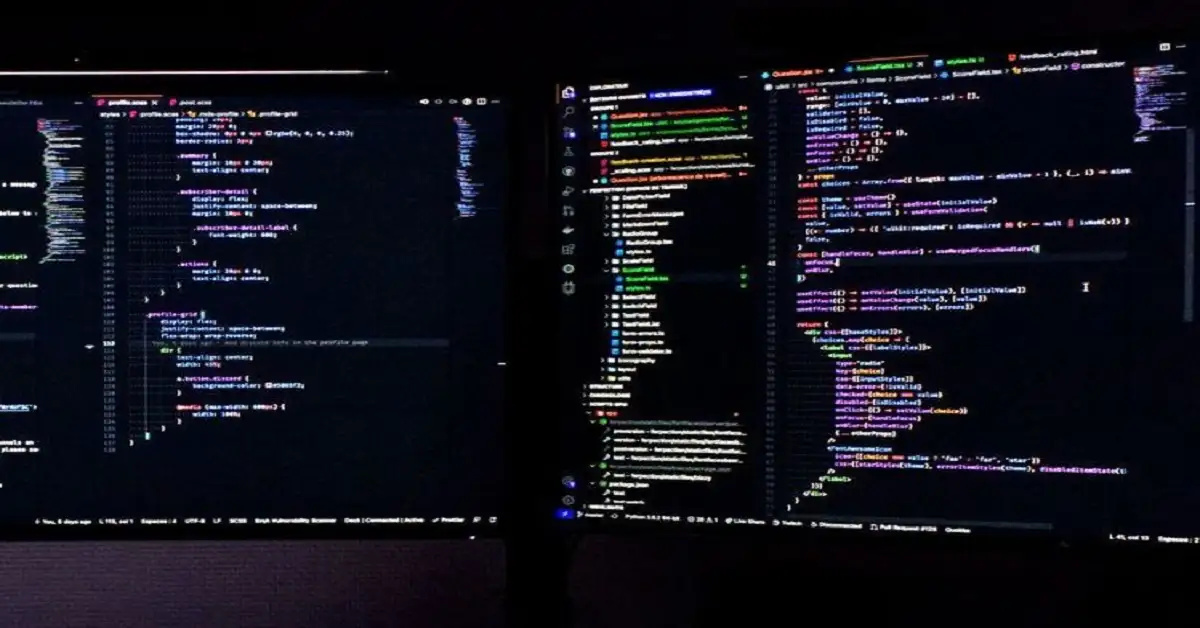The Unspoken Rules of Coding for Both Novice and Sage Developers
Introduction
In the intricate world of software development, there exists a set of unofficial guidelines—a silent code of conduct that both novice and seasoned developers adhere to. These unspoken rules of coding are not typically found in textbooks or formal curricula, but they are crucial in shaping professional, efficient, and collaborative programmers. Whether you’re just starting out or have been coding for years, understanding these norms can significantly enhance your effectiveness and harmony within the development community.
1. Write Code for Humans, Not Machines
The primary function of code is to be understood by computers, but it is equally important for it to be readable by humans. Seasoned developers understand that code will be read more often than it is written, so making it understandable is key. This includes using meaningful variable and function names, keeping functions short and focused, and including comments only when necessary to explain why something is done, not what is done.
2. Embrace Simplicity
Both new and experienced programmers often fall into the trap of over-engineering solutions. The best developers know that simplicity is king. Simple code is not only easier to understand and maintain but also less prone to bugs. As a rule of thumb, if you find yourself adding complexity to solve a problem, take a step back and reconsider whether there is a simpler approach.
3. Practice Version Control Religiously
Version control systems like Git are integral to modern coding practices. They allow developers to track changes, revert to previous states, and collaborate efficiently with others. For both novices and experts, adhering to good version control practices—committing changes frequently with clear, concise messages—is a fundamental skill that pays dividends in professional development.
4. Test Thoroughly and Often
Testing is a discipline that all developers should embrace early on. Writing tests for your code (unit tests, integration tests, etc.) is not just about finding bugs or proving that your code works; it’s about designing systems that are maintainable and robust. Experienced developers often write tests before the actual code (test-driven development), ensuring that each component functions as expected from the start.
5. Respect the Codebase and Its History
When working on a project, especially one with a long history or many contributors, it’s important to respect the existing codebase. This means understanding its conventions and architecture before making changes. It also involves being cautious about refactoring; change for the sake of “cleaning up” can sometimes do more harm than good, particularly if it disrupts the logic or introduces new bugs.
6. Know When to Ask for Help
There’s a fine line between solving a challenging problem through perseverance and wasting hours on something that could be resolved quickly with a little help. Learning when to ask for help—and whom to ask—is a crucial skill for developers at all levels. More experienced developers should also be open to providing assistance, fostering a supportive environment that benefits the entire team.
7. Stay Current but Don’t Chase Every Trend
The tech field is dynamic, with new languages, frameworks, and tools emerging constantly. While it’s important for developers to stay updated, chasing every new trend can lead to a superficial understanding of many tools, rather than a deep expertise in a few. Prioritize learning that enhances your current projects or professional goals, and balance the new with a solid grounding in foundational principles.
8. Contribute to the Community
Coding is often seen as a solitary activity, but it thrives in a community. Contributing to open-source projects, sharing knowledge through blogs or talks, and participating in coding forums are ways to give back. This not only helps others but also improves your own skills, as teaching and contributing are excellent ways to deepen understanding.
Conclusion
The unspoken rules of coding are largely about mindfulness—of the code itself, of the development process, and of the community of people involved. Whether you’re just beginning your journey or are well down the path, these guidelines can help you navigate the complexities of development with greater ease and impact. By internalizing and practicing these principles, developers at all levels can achieve not just technical excellence but also professional growth and satisfaction in their coding careers.


